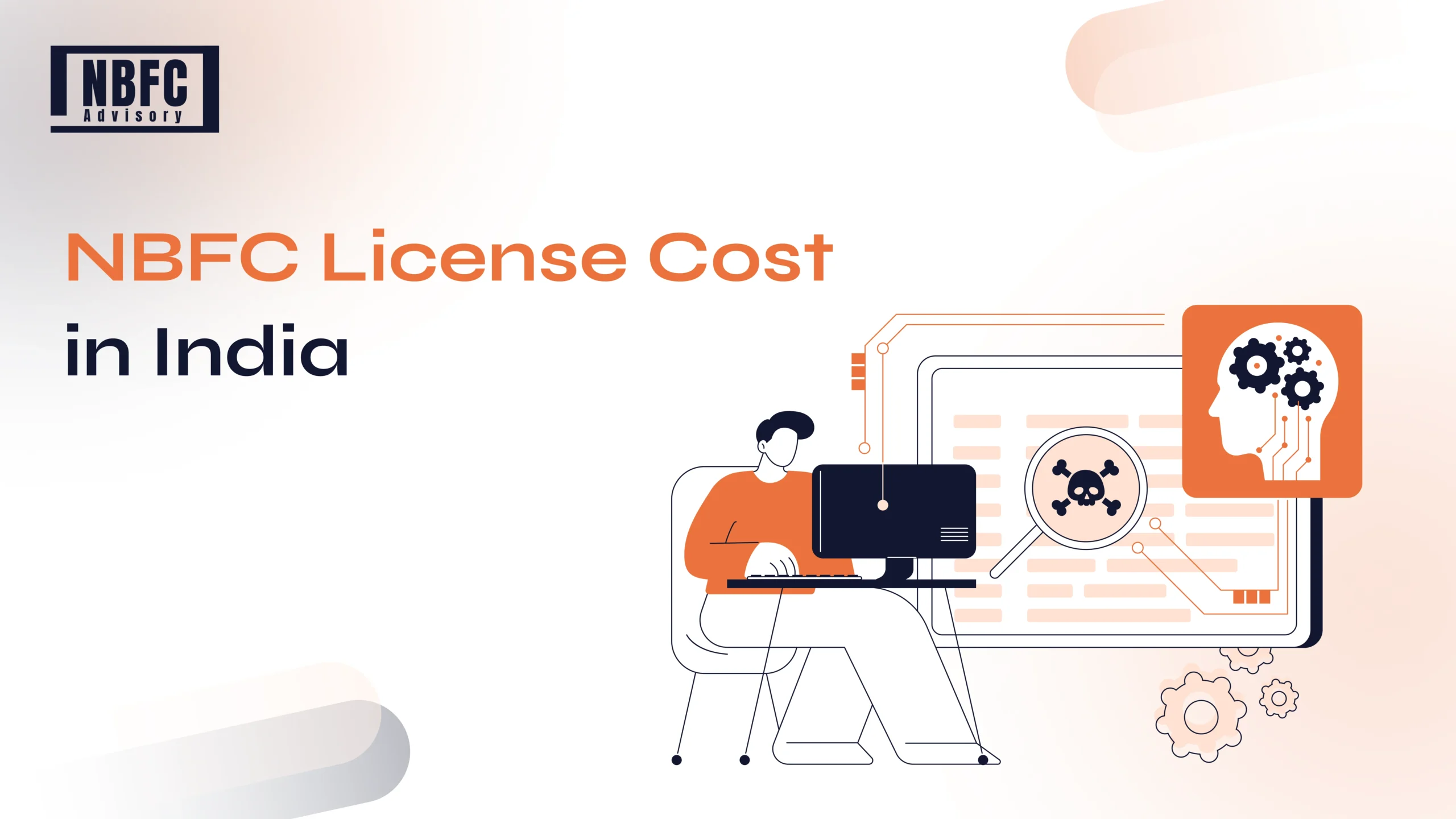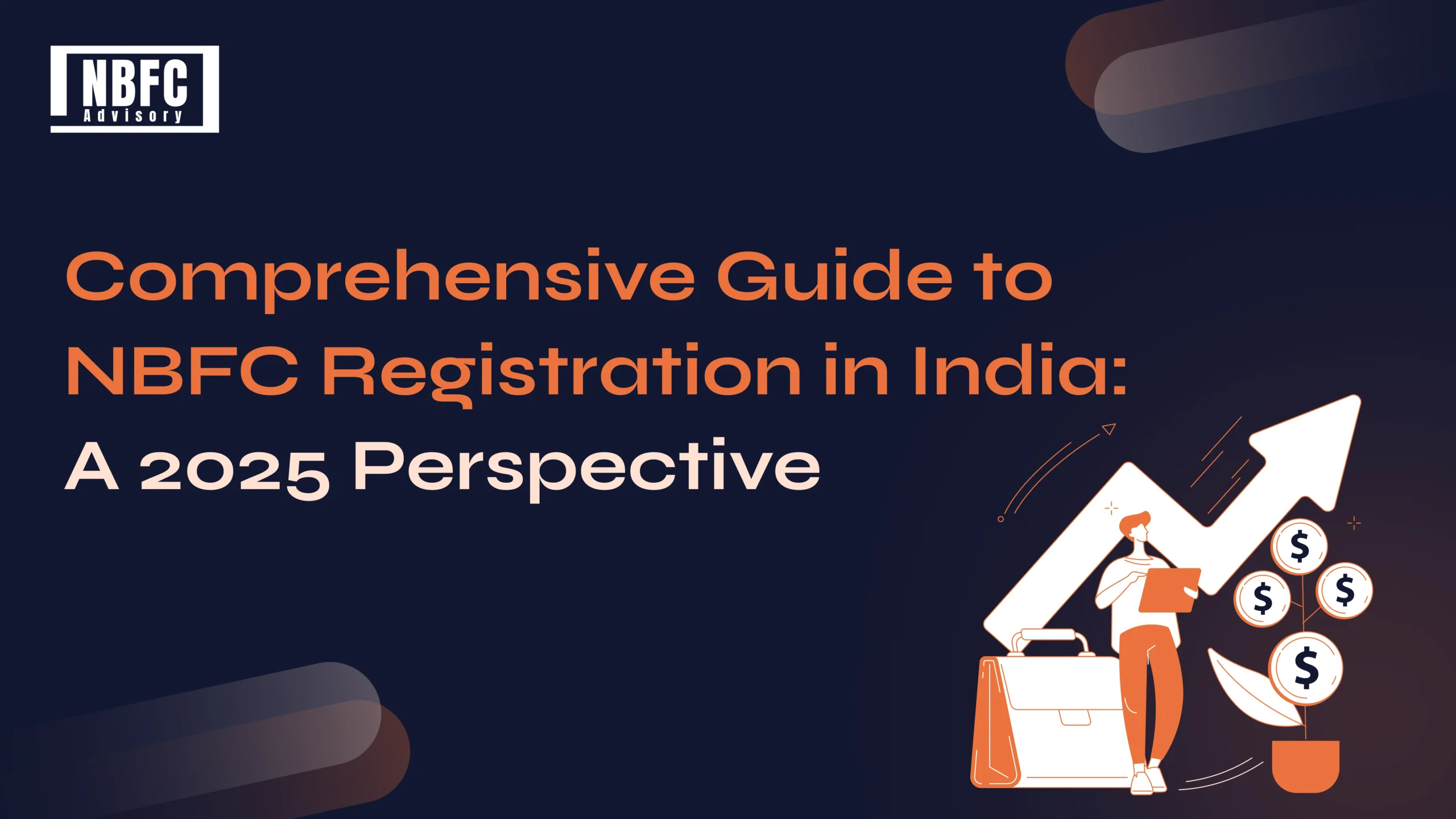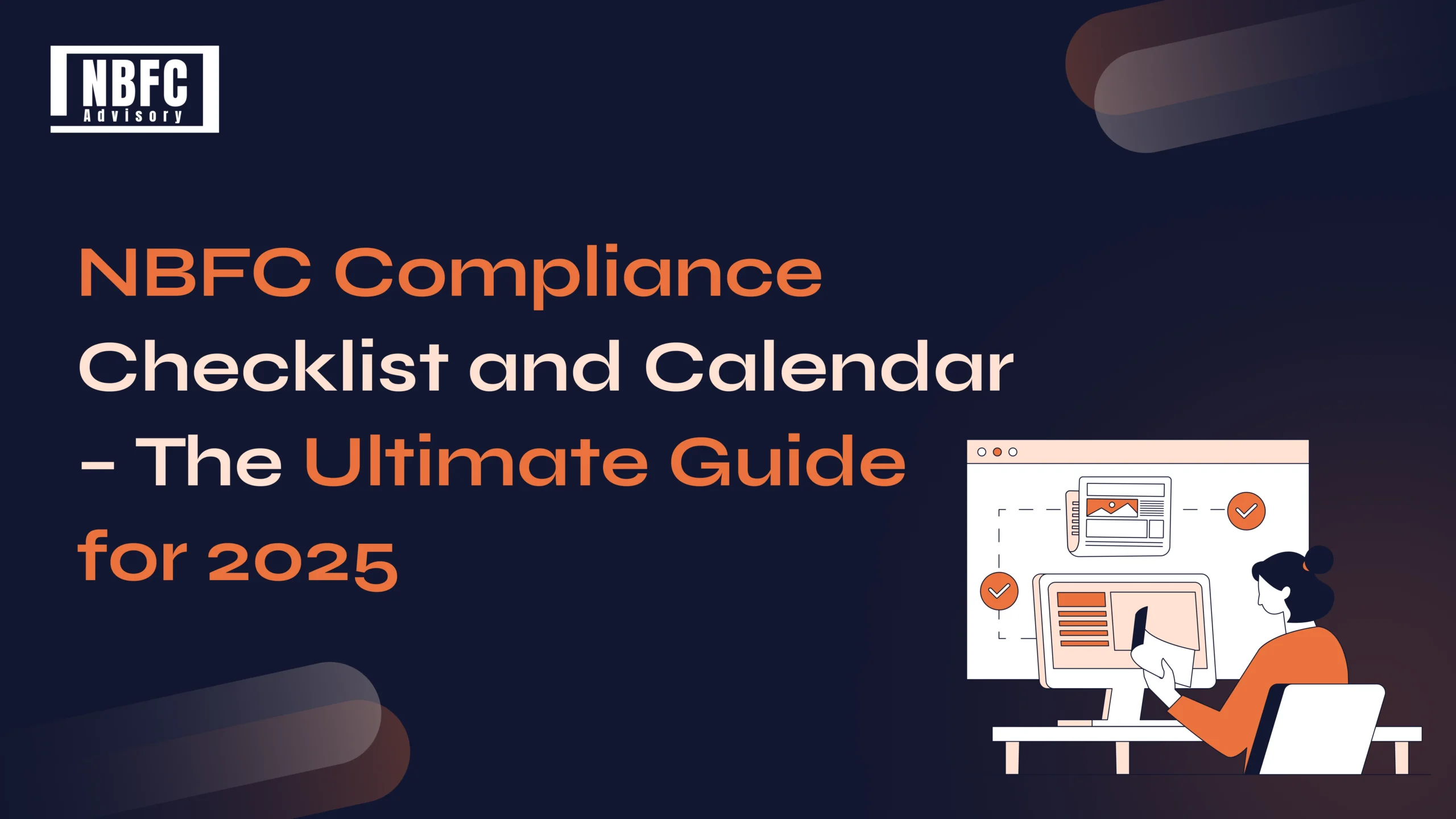Alternative Investment Funds, or AIFs, are becoming popular in India. They are used by high-net-worth individuals and big institutions. India’s investment market is growing fast, and AIFs are growing with it.
By the end of March 2024, AIFs in India managed ₹6.94 lakh crore. This market has been growing by about 30% every year. Many investors like AIFs because they offer higher return potential. They also help spread risk beyond shares and bonds.
This white paper explains AIFs in clear terms. It covers the different types of AIFs, the rules that govern them, how they are registered, and how to decide if they suit your investment goals.
What Are Alternative Investment Funds (AIFs)?
An Alternative Investment Fund, or AIF, is a private fund that pools money from experienced investors. This money is invested in areas beyond regular shares and bonds.
In India, AIFs are regulated by SEBI under rules introduced in 2012. These funds help support important areas of the economy, such as infrastructure projects, startups, and stressed or struggling businesses.
Key Features of AIFs:
-
Pooled Investment: Money from many investors is collected and managed by professional fund managers.
-
Alternative Assets: AIFs invest in assets other than regular shares and bonds. These include private companies, real estate, hedge funds, and startups.
-
For High-Value Investors: The minimum investment is ₹1 crore. Because of this, AIFs are mainly meant for high-net-worth individuals, family offices, and large institutions.
Types of Alternative Investment Funds
AIFs have been categorized into three, which cater to different types of investors and regulatory regimes.
Category I AIFs
These types of funds invest in social or economic activities such as start-ups, infrastructure, and SMEs. Category I AIFs are often exempted from certain regulations as they contribute to the country’s economic development.
Some of the Key Types
- Venture Capital Funds: This type of fund mainly focuses on early-stage businesses that have a high potential for growth.
- Infrastructure Funds: These funds invest in projects that build and improve public facilities. Examples include roads, bridges, and power plants.
- Social Venture Funds: These would raise financial returns in addition to some social returns.
Category II AIFs
Category II AIF is not exposed to any of the preferential or special privileges/controls of SEBI. Chiefly these consider the instruments of equity and debt.
Major ones are:
-
Private Equity Funds: These funds invest in companies that are not listed on the stock market. They often buy a large stake so they can help guide important business decisions.
-
Debt Funds: These funds invest in loans and debt products. Examples include company bonds, debentures, and other structured debt instruments.
Category III AIFs
These funds are using sophisticated strategies which include leverage and derivatives. Most of the funds fall in the category of hedge funds.
Key Features:
- Short-Term Focus: These funds aim to earn quick gains by trading in derivatives and using arbitrage opportunities.
- High-Risk, High-Return: These funds are meant for investors with a high risk appetite.
Growth of AIFs in India
According to reports from SEBI, the AIF sector in India has grown in leaps and bounds. Total commitment rose from ₹2.05 lakh crore in March 2019 to over ₹6.94 lakh crore in March 2024. More investors are looking for investment options beyond mutual funds and shares.
-
Startups and Venture Capital: Category I AIFs play an important role in funding Indian startups. In 2023, venture capital funds raised more than ₹35,000 crore to support new businesses.
-
Infrastructure Development: Category I infrastructure funds are growing as well. This is driven by government support and large infrastructure projects across the country.
Regulatory Framework for AIFs
SEBI governs AIFs so that investors would not suffer, and it would keep the market stable and transparent at its best.
The SEBI (Alternative Investment Funds) Regulations, 2012 lay down the rules for AIFs. These rules guide how fund managers operate and how investors take part in such investments.
The key requirements set by these regulations include the following,
- AIF Registration: In order to work, an AIF needs to get registered before SEBI.
- Minimum Corpus: To become operational AIF must hold a corpus of Rs 20 crore.
- Investment Limits: Category I and II AIFs cannot invest more than 25% of their total fund in a single company. This helps spread risk across different investments.
- Limits on Leverage: Category III AIFs may use leverage, though SEBI has prescribed certain limits.
Benefits of Investing in AIFs
AIFs offer many benefits for investors who want more choices beyond regular investments.
-
Diversification: AIFs let investors put money into areas like real estate, private companies, and startups. These options are not usually available through traditional funds.
-
Higher Return Potential: AIF managers invest in fast-growing areas such as startups or stressed businesses. These investments can deliver higher returns.
-
Expert Management: AIFs are run by experienced professionals. Their skills help manage risk and invest money in a planned and careful way.
Risks of AIFs
Although they provide luscious opportunities, AIFs involve certain risks:
- Illiquidity: The lock-in period of an AIF is usually longer, even up to 7-10 years.
- Higher Risk: This moves to a higher risk level since the investments are, in fact, startups or distressed assets. AIFs are therefore much more dangerous than the traditional ones such as mutual funds.
- Regulatory Risk: An amendment in SEBI rules can have an immediate and direct effect on the performance of the AIF and, consequently, on the returns on investment.
How to Register an AIF in India
There exists a structured regulatory process framed by SEBI to enable AIF registration. The steps for AIF registration can be described as below.
- Incorporate the Fund: The fund is supposed to be incorporated in a company, LLP, or a trust.
-
File an Application: The AIF must apply to SEBI and submit required documents. These include details about the sponsor, manager, and trustee.
-
Approval: SEBI reviews the application. Once approved, the AIF is added to SEBI’s AIF register and can begin operations.
-
Compliance: After registration, the AIF must follow SEBI rules. Regular reports and disclosures must be filed on time.
Pro Tip: An NBFC advisory firm can help with AIF registration and ongoing compliance, making the process simpler and ensuring SEBI rules are followed.
Who should invest into AIFs?
AIFs are designed for sophisticated investors who understand the play of risk and reward. Normally, AIF investors include:
- High-Net-Worth Individuals (HNIs)
- Institutional Investors
- Family Offices
- Corporate Entities
How to Choose the Right AIF
When choosing an AIF, ensure that the investment strategy of the fund matches your financial goals and risk tolerance. Here’s how you can evaluate your options:
- Set Your Investment Goals: Decide what you want from the investment. This could be quick returns, long-term growth, or better diversification.
- Risk Assessment: Determine the risk level of each AIF category and ensure it is in line with your risk tolerance.
- Track Record of Fund Manager: Always look at the performance history and credibility of the fund manager before making a decision.
Latest Updates on Alternative Investment Funds (AIFs) in India
Recent regulatory changes by SEBI, along with shifts in the market, have led to new developments in the AIF ecosystem.
SEBI Regulatory Updates
In 2025, SEBI updated its rules. These changes allowed co-investment schemes and improved how Angel Funds are regulated. These changes aim to improve flexibility, governance, and investor protection in the AIF space. Securities and Exchange Board of India
SEBI has also allowed AIFs to launch schemes only for accredited investors. These schemes come with fewer rules and greater flexibility. Cafe Mutual+1
Transparency and Market Structure
New rules now require AIFs to clearly disclose how investments are valued, what fees are charged, and what rights investors have. This includes clear treatment of equal rights and fair sharing among investors.
Asset Growth and Market Size
The alternative investment landscape in India continues its strong growth trajectory. By March 2025, total AIF commitments crossed about ₹13.5 lakh crore. This shows strong growth, with both fundraising and investments increasing each year.
Market studies suggest that AIF commitments may have reached about ₹15 lakh crore by late 2025. This growth is driven by strong interest from high-net-worth individuals and large institutions.
Industry reports show that the combined assets of AIFs and Portfolio Management Services crossed ₹23 lakh crore by late 2025. This shows that alternative investments are now a common choice for experienced investors.
Sector and Strategy Trends
Private credit AIFs are becoming more popular as banks tighten lending. These funds offer flexible loan options, but they come with risks that investors need to review carefully.
More large institutions are investing in AIFs. This includes pension funds, insurance companies, and global investors. They mainly invest in private equity, infrastructure, and private credit funds.
Tax and Policy Considerations
Ahead of the 2026 budget, there are industry calls to grant pass-through tax status for AIFs investing in security receipts. This means tax is paid by the investor, not the fund. This can improve tax efficiency for distressed asset investments.
Conclusion
Alternative Investment Funds, or AIFs, are a growing option for experienced investors. They offer a way to invest beyond regular assets like shares and bonds.
AIFs invest in areas such as startups, real estate, and struggling companies. These investments can offer higher returns, but they also carry higher risk.
Knowing the categories, frameworks, and registration process will help effectively navigate this space.
If you ever plan to set up an AIF or invest into one, NBFC Advisory will help you through this process from registration of the AIF till compliance. Now, let’s get moving towards smarter and diversified investments today!
Do you have questions about AIF registration or AIF regulations? Please leave your comment below, and we’ll be glad to assist! If you found this guide helpful, share it with your network. For more expert advice on setting up or managing AIFs, contact NBFC Advisory today.





